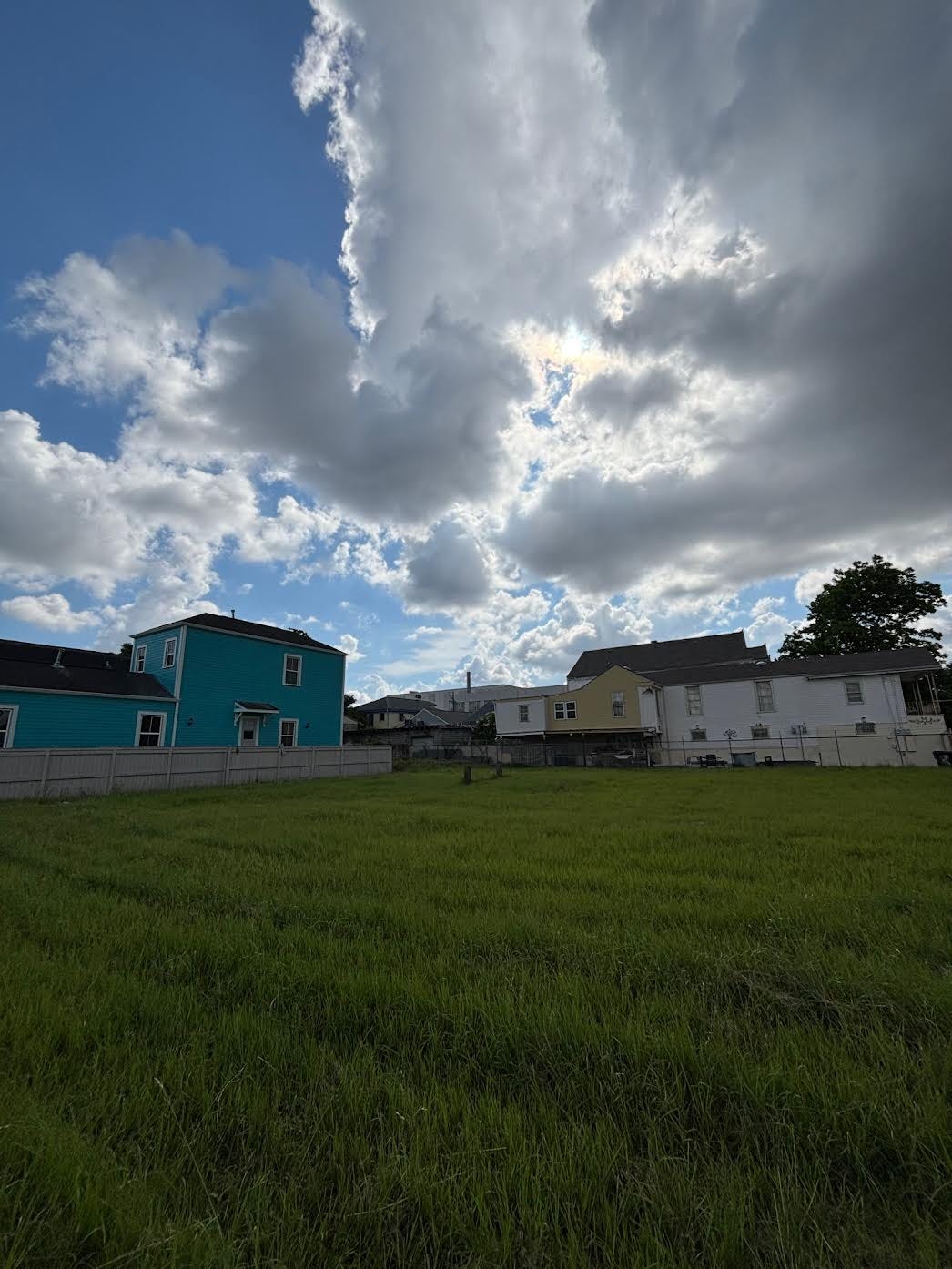Hi friends.
Up with the chickens, as always, writing you a little note. Sending you my best thoughts in these complicated times, as you go out into your day.
And I’m thinking right now, as I often am, about the idea of accountability. To ourselves, to people in our lives, to people we haven’t met and never will, in far off places.
Maybe I’m thinking a little bit about being accountable to an idea, a principle.
It’s always good to check in on what matters most to you.
The musing on accountability started as I prepared for a guest appearance at Ann Friedman and Jade Chang’s workshop this past weekend. They sent me a list of advance questions to consider before I spoke to the group. I liked this one a lot and thought I’d think about it a little bit more as we approach the start date of #1000wordsofsummer on May 31.
How have you created accountability for yourself? And how do you advise people who aren’t full-time writers to create their own?
The way I became accountable to myself in terms being a writer is deciding what I wanted from my life. This took place over many years of finding myself as a writer, doing the work, plotting and planning, seeing what worked for me and what didn’t. But also it took place in an instant, around the age of 40, where I looked back at what I had accomplished in my life thus far and what I wanted to accomplish in the future.
I had written and published three adequately received books, and none of them had sold particularly well, but writing fiction was still my favorite thing in the world to do and nothing else was going to satisfy me in the same way. I decided it was worth fighting for, these books, and my time to write.
What I did was I wrote a specific letter—if only I still had a copy of it. But in it I committed to myself as an artist and moved on from there.
So we start with ourselves. Our dreams, our goals. We commit to them, and through that we commit to ourselves.
(When did you last spend some serious time thinking about what you want to accomplish with your life?)
Once we commit, we create systems to put it all into place. What do those systems look like?
For me, it’s about finding the time to write five days a week, most weeks. Showing up for myself every day, even if it’s just to write in my journal. Treating my writing like it was a job until it became one, because that’s what I wanted more than anything. Knowing what my word count is, what I want it to be today, this week, a month from now. So I could write my way to the end of another book.
And I responded well to this kind of personal accountability. I built time into my schedule because it was important to me. I figured out what worked for me, and I did it over and over again.
If getting up before sunrise as I do works, then do that. If writing on your lunch breaks works for you, do that. If writing late at night when the house is quiet works for you, then make sure you’re using that time. Commit to it.
Also I have a good network of smart people in my life, and we all feel comfortable checking in with each other about our work. Sometimes that network evolves, but for each book I have at least one person I’m in direct contact with about my work—and also about their work—and we are checking in if not daily then at least every week about it, even if it’s just casual conversation. We support each other, cheer each other on, tell each other we can do this, and remind each other to stay hydrated. So I am accountable to someone else, and I treasure those relationships dearly.
It’s sort of simple in a way: committing to yourself, and committing to other people. Deciding you want to do it—you want to write!—and then following through on it by building a place in your life for it, both internally and externally. Setting deadlines and then meeting them. And being responsible in your relationships.
There are plenty of people that might think all this sounds too imposing or restricted, that this kind of pressure might inhibit their creativity. I understand this. Just last week I wrote, “It takes as long as it takes,” which is also true.
But when I look back at twenty years of writing books, this is simply what it comes down to for me. There is no grand mystery. Just show up for yourself, decide what is important to you, and then begin. You are the one who is responsible here, and no one else.
How have you created accountability for yourself?
Jami
You are reading Craft Talk, the home of #1000wordsofsummer and also a weekly newsletter about writing from Jami Attenberg. I’m also on bluesky and instagram.




Accountability (specifically how to be accountable to myself) has been heavy on my mind lately. Writing has always been my goal, though it's never been the main thing for me. Circumstances have changed though and I have an opportunity to use a window of a few hours each weekday on my writing. Ironically, now that I have that time, I've found it harder than ever to stick to a writing schedule - to show up for my writing, for myself. I'm looking forward to the #1000Wordsofsummer as a way to really settle in and make my daily writing practice a life long commitment to myself.
Right now my newsletter is holding me accountable. This is a major step for me. Not anywhere near where I’d like to be, but I have to walk before I can run I suppose.